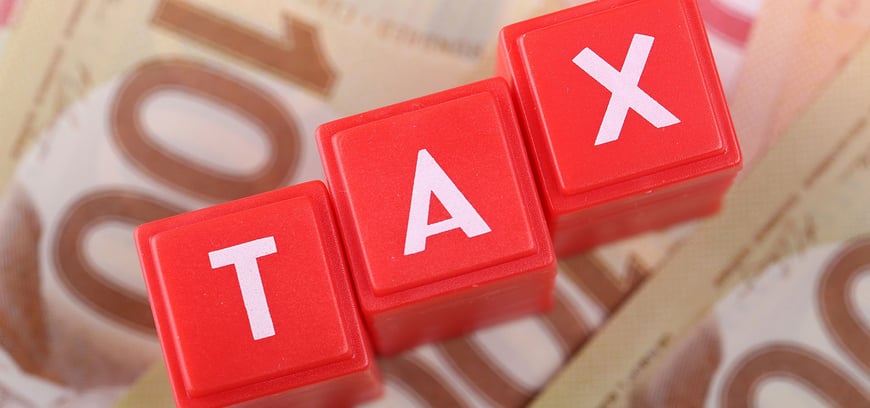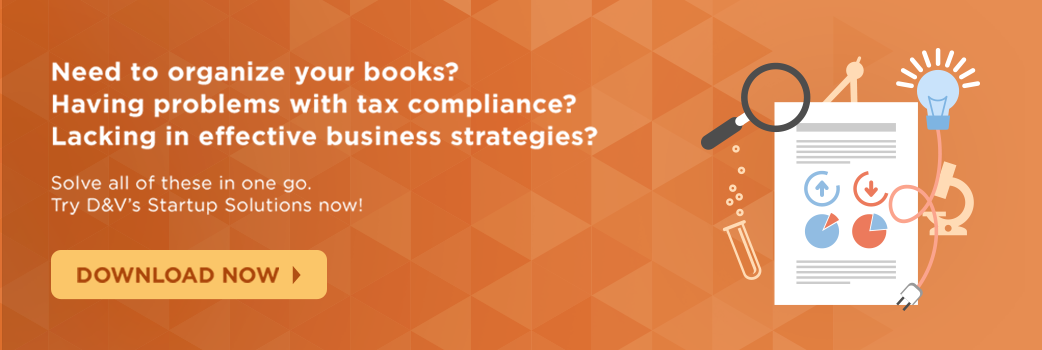Canadian Taxation 101: Zero-rated vs. Exempt Goods and Services

If taxation was a game, it would be a very expensive one. This is why you should make sure that you thoroughly understand tax matters before you decide to work these out on your own. As a small business owner, you might be inclined towards the DIY mentality. And if that's the case, it is necessary to know some of the basics of Canadian taxation, such as GST and HST. According to the Canada Revenue Agency, GST and HST apply to most of the goods and services sold in Canada. But of course, that is not all that there is to these two.
To have a better understanding of GST and HST matters, you can start with the fundamentals--the zero-rated and the exempt goods and services. What are these two, anyway? And how can they affect your GST/HST returns? Here are some facts to get you in-the-know:
What are zero-rated goods and services?
Zero-rated goods and services are those supplies that are considered taxable at the rate of 0%. In other words, if your goods and services are zero-rated, they are not charged with GST or HST. You don't charge GST or HST to your customers when your goods and services are in this category. Some of the most common examples of zero-rated goods and services include prescription drugs, medical devices, agricultural products and some basic grocery items.
What are exempt goods and services?
Exempt goods and services are those supplies that are not subject to GST or HST. In the same way that you cannot charge GST and HST to your customers with zero-rated supplies, you also need to follow that rule when it comes to exempt goods and services. Legal aid services, residential condominium fees, used residential housing and day care services are some of the most common examples of exempt goods and services.
But why are zero-rated and exempt goods and services important?
Basically, the importance of both the zero-rated and the exempt goods and services will not be evident until tax season comes. Based on Canadian taxation laws, even if you don't collect GST or HST on zero-rated goods and services, you can still claim an input tax credit on them. You can get these when you file your GST/HST returns. On the other hand, there is no input tax credit involved when you file your GST/HST returns to for expenses related to the production or circulation of exempt goods and services.
Learning the ropes to taxation in Canada will give you the upper hand in working out your taxes with the onset of tax season. By planning your taxes strategically and making the most of what you know about zero-rated and exempt goods and services, you can easily comply with your tax obligations without getting in trouble with the Canada Revenue Agency.
Are you too busy to handle the tax obligations of your own business? Seek expert tax planning services today! Click here to get in touch with our qualified tax advisers at D&V Philippines!




